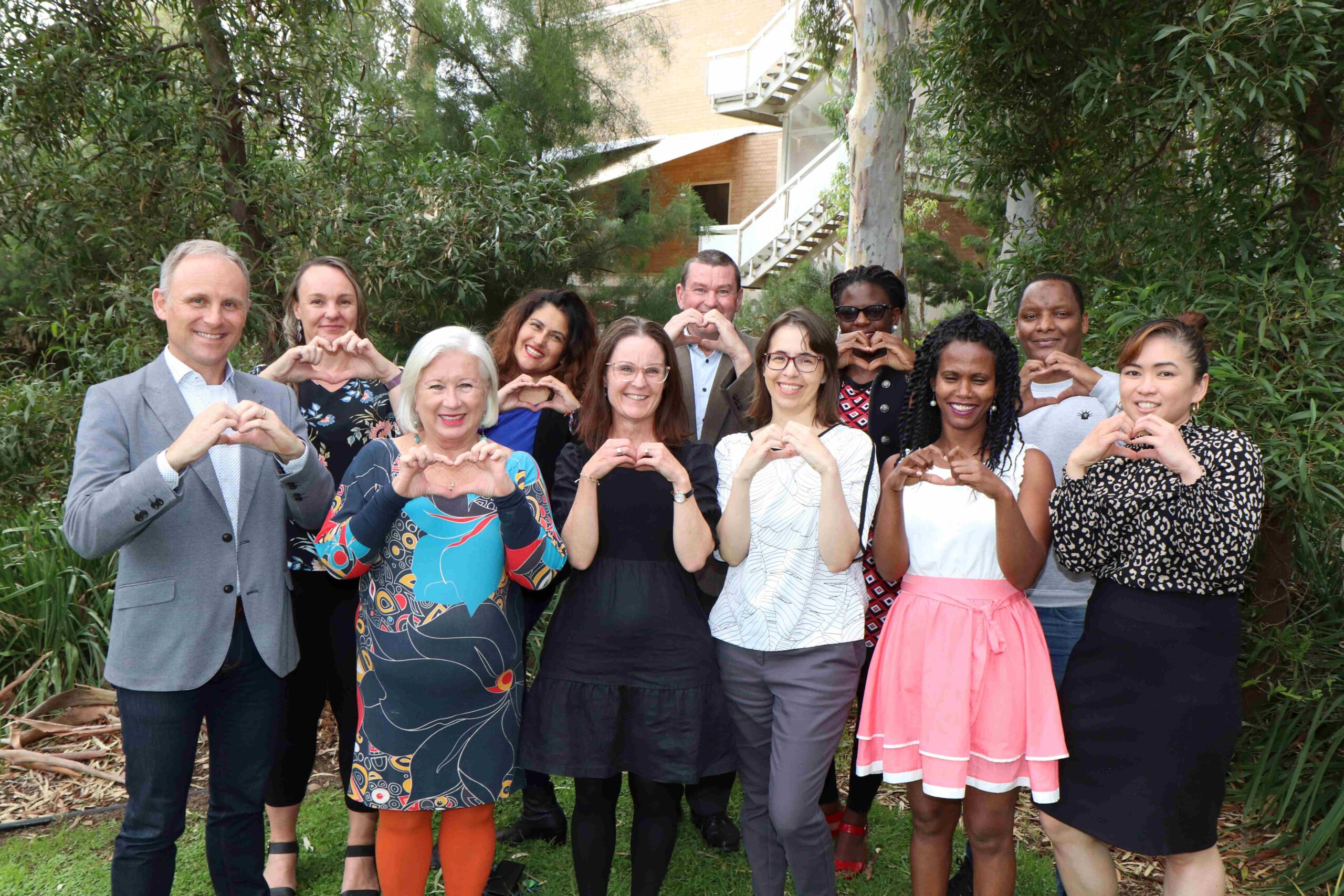
As the four-year Country Heart Attack Prevention (CHAP) project draws to a close, it represents the gold standard for innovation in addressing the acute problem of low attendance and completion of cardiac rehabilitation in rural and remote areas. Flinders University Caring Future’s Institute’s Professor Robyn Clark‘s leadership has been instrumental in steering the project, backed by funding support from the National Health and Medical Research Council.
CHAP aimed to improve the quality of and standardise practices across services, reflecting the importance of partnerships in enhancing patient care. The success of the project is due to the unified collaboration with SA Health, The Heart Foundation, the Australian Cardiovascular Health and Rehabilitation Association (ACRA), and the International Council of Cardiovascular Prevention and Rehabilitation (ICCPR) in overcoming challenges and achieving common goals.

This statewide collaborative effort has resulted in the establishment of an accreditation program for cardiac rehabilitation programs in South Australia.
Flinders Senior Research Fellow Dr Alline Beleigoli emphasises the impact of such collaborations, stating that they significantly improve the way care is provided to people. She highlights effective cardiac care is intricate due to the historically low engagement with cardiac rehabilitation programs, resulting in adverse outcomes such as anxiety, depression, hospital readmissions, or even mortality for those not participating.
CHAP’s distinctive feature was its co-design approach, marking a significant departure from traditional, one-way hegemonic methodologies. For the first time in Australia, patients actively participated in designing the rehabilitation program, adding a valuable perspective to the process.
Dr Beleigoli noted co-design as being a particular highlight of the project, as did Professor Clark, ‘For the first time in the history of Australia, a cardiac rehab program was co-designed by the people who use it.’
Twelve workshops were conducted, involving 74 patients who actively participated in project meetings. Subsequently, these participants testified to the significance of the integrated approach, emphasising the importance of their involvement in the codesign process.
Professor Clark said, ‘We created a feeling of pride in practice and the ability to showcase to each other, what they do. And without a doubt we saw innovations that were quite incredible!’
The CHAP project spawned two spinoff projects – Cardiac Rehabilitation Especially for Women (CREW) and Cardiac Rehabilitation for All (CR4ALL), targeting increased attendance and completion among specific groups. These projects apply the principles of the CHAP project to tailor cardiac rehabilitation to the needs of women and people with low socioeconomic status, respectively.
Dr Beleigoli noted the alarming statistic that less than 50% of those referred to cardiac rehabilitation programs choose to participate. The spinoff projects aim to address this issue by promoting endorsement among clinicians, developing accreditation programs for quality improvement, and expanding delivery options through the co-designed web-based program.
The findings of CHAP indicate that participants who have a choice in how they undertake their program are more likely to complete cardiac rehabilitation, reducing the risk of cardiovascular re-admissions and deaths.
The team is now working closely with the Statewide Clinical Cardiovascular Network to scale up the CHAP model of care, anticipating increased attendance and completion of cardiac rehabilitation across rural South Australia.
The goal is to propose this model for adoption in all metropolitan and rural areas of the state, emphasising the importance of translating evidence into practice to improve patient outcomes swiftly.
The impact of CHAP extended beyond the local sphere. The project saved the South Australian hospital system $11 million over five years by reducing readmissions, indicating improved cost-effectiveness. Further, the project gained international recognition with the with the team.
South Australia’s CHAP project has demonstrated the transformative power of collaborative, patient-centric initiatives in cardiac rehabilitation. By addressing accessibility barriers, embracing co-design principles, and fostering innovation within the healthcare community, CHAP has not only revolutionised cardiac rehabilitation in South Australia but has also set a precedent for positive change in future projects worldwide.
You may access the CHAP End of Project report here.

